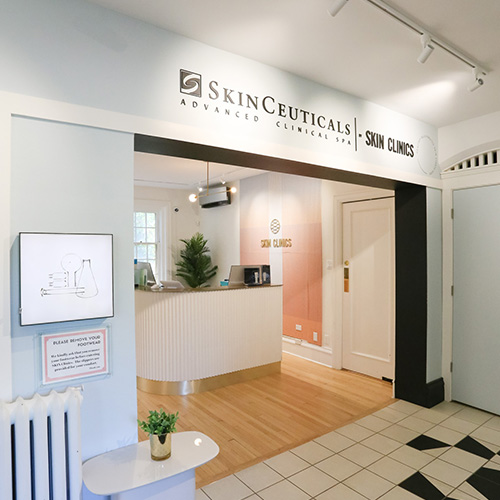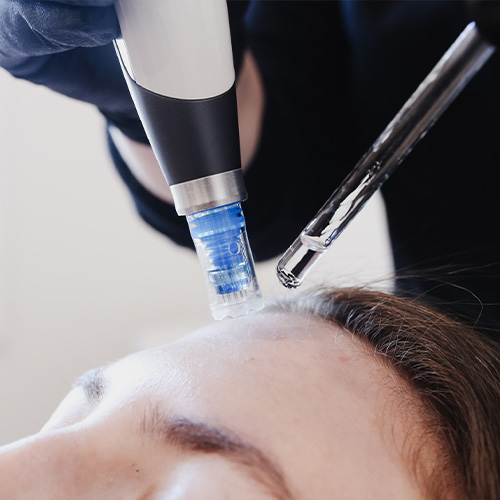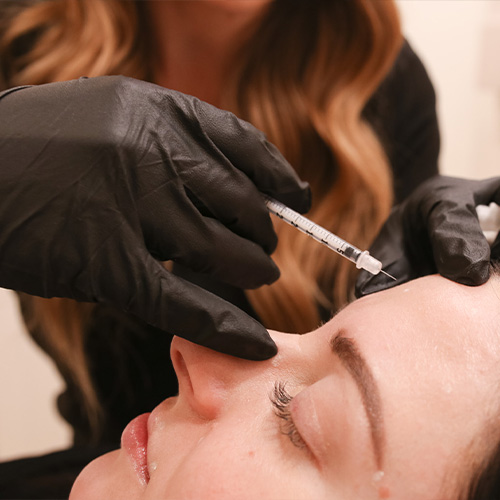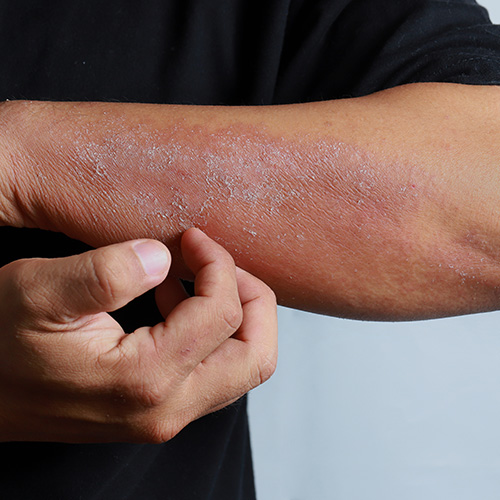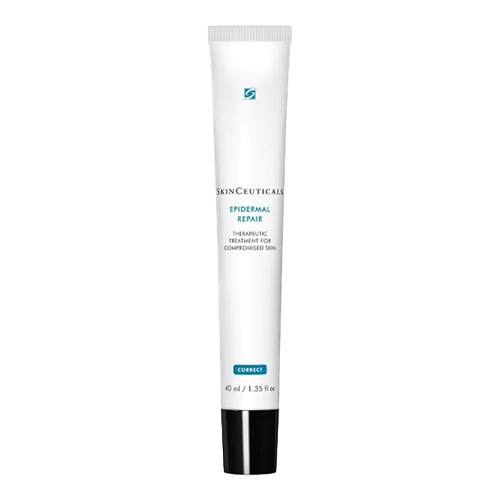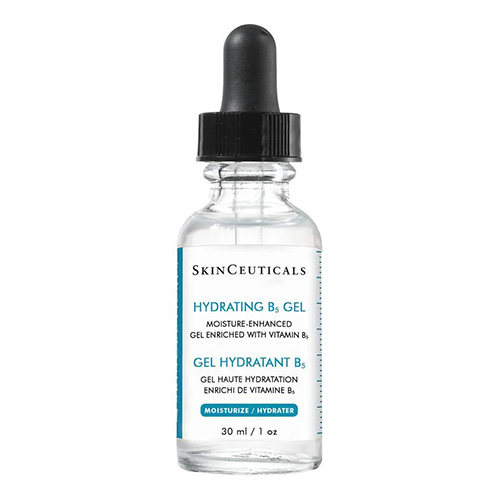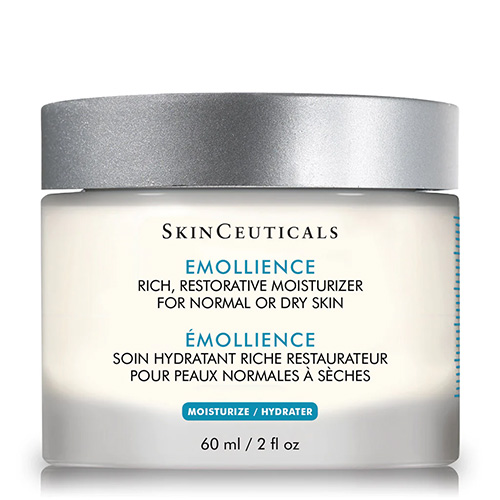i. Protecting personal information is a priority and company policy. The SKIN Clinics team respects privacy and upholds confidentiality at all times.
ii. The SKIN Clinics is committed to providing exceptional service and professional integrity.
iii. All information is kept confidential and is not made available to anyone outside of the company, and will only be used for the purposes for which it was collected.
WHAT PERSONAL INFORMATION DO WE COLLECT?
We collect personal information of all Users of Bowerbird Stays website, which includes identifiers such as:
your name;
phone number;
email address.
Internet Protocol (IP) address;
Internet or other electronic network activity information including:
browser type
your Internet Service Provider (ISP)
website referring/exit pages
platform type
date/time stamp
other information related to your use of the Site.
These information(s) are collected only for analytic purpose and keeping track of how our website is used.
USE OF PERSONAL INFORMATION WE COLLECT
i. Communicate with you
ii. Ensure the security of our services and our Site
iii. Allow you to access and use our Site





